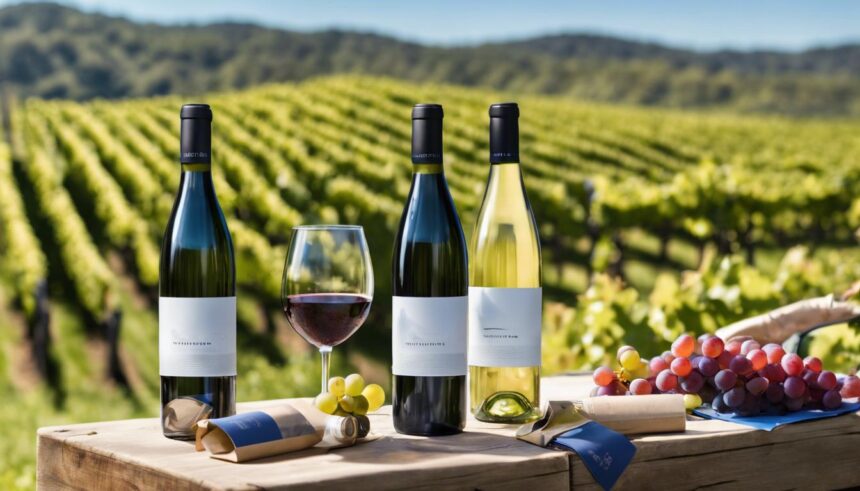The newly established Alternative Packaging Alliance aims to shift the wine industry towards sustainable packaging solutions, reducing the environmental burden of traditional glass bottles.
In a groundbreaking stride towards sustainability, the wine industry witnesses the formation of the Alternative Packaging Alliance (APA), a new coalition aimed at reducing the reliance on single-use glass bottles—a significant environmental concern in the sector. The APA, which celebrated its launch on Earth Day, April 22, 2024, in New York, comprises seven prominent wine companies dedicated to pushing the boundaries of eco-conscious packaging.
These founding members, including Juliet Wine, Communal Brands, Really Good Boxed Wine, Giovese Family Wines, Nomadica, Ami Ami, and Tablas Creek, are united by a commitment to not only sustain high-quality wine production but to encase them in environmentally friendly formats. The alliance seeks to spark a major shift in industry standards and consumer perceptions regarding wine packaging, moving away from traditional single-use glass bottles which are a large contributor to the industry’s carbon footprint due to their production and transport needs.
The advent of the APA is timely. Market trends indicate a rising demand from modern consumers who prioritize sustainability in their purchasing decisions. This consumer shift builds a strong case for the industry to adapt its packaging practices. Allison Luvera, a founding member of the APA and Co-Founder of luxury boxed wine brand Juliet, points out the urgency brought about by this shift. According to Luvera, there exists a critical need for expanded education, advocacy, and resources to support sustainable practice changes within the wine industry.
Glass bottles, while traditional, pose several environmental challenges. They are not only heavy, which contributes to greater emissions from transport, but also have lower recyclability rates compared to other materials. The APA aims to tackle these issues head-on by promoting alternative packaging solutions that can immediately lessen environmental impacts. These alternatives include boxed wines and other innovative packaging formats that maintain the quality of the wine but with less environmental burden.
The APA’s mission is centered on three guiding principles: to educate, elevate, and advocate. The coalition plans to share operational resources and factual data to highlight the practical and environmental benefits of alternative packaging. By elevating brands that produce premium products in eco-friendly formats, the APA intends to reshape market perceptions and enhance consumer accessibility to these alternatives nationwide.
Moreover, advocacy remains a core pillar of the APA’s strategy, aiming to promote the production, distribution, and consumption of high-quality wine in sustainable packaging. As Melissa Monti Saunders, another founding member and CEO of Communal Brands, states, the goal is to shift the industry paradigm where packaging efficiency and environmental credentials are prioritized over traditional metrics that might unfairly associate quality with the type of packaging used.
In its first year, the APA plans to roll out several initiatives to foster awareness and adoption of alternative wine packaging. These include forming partnerships with major industry players, joint retail merchandising efforts, and organizing tasting events to showcase the range and quality of wines now available in eco-conscious formats. Furthermore, the organization anticipates launching publicly available educational materials to inform both trade and consumers about the environmental impacts of glass bottles and the benefits of opting for alternative solutions.
As the wine industry continues to evolve, the launch of the APA signifies a pivotal movement towards sustainability. By addressing the environmental issues associated with traditional wine packaging and promoting high-quality alternatives, the APA not only aims to transform industry practices but also align them more closely with the values of today’s environmentally aware consumers. For those interested in learning more or becoming a member, information is available on the APA’s official website.





